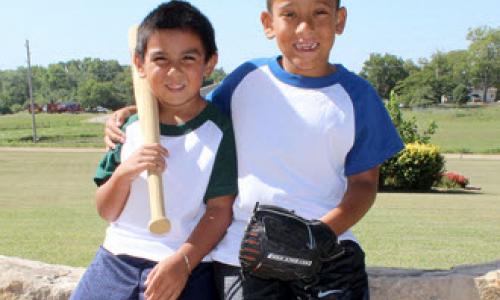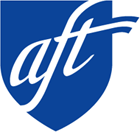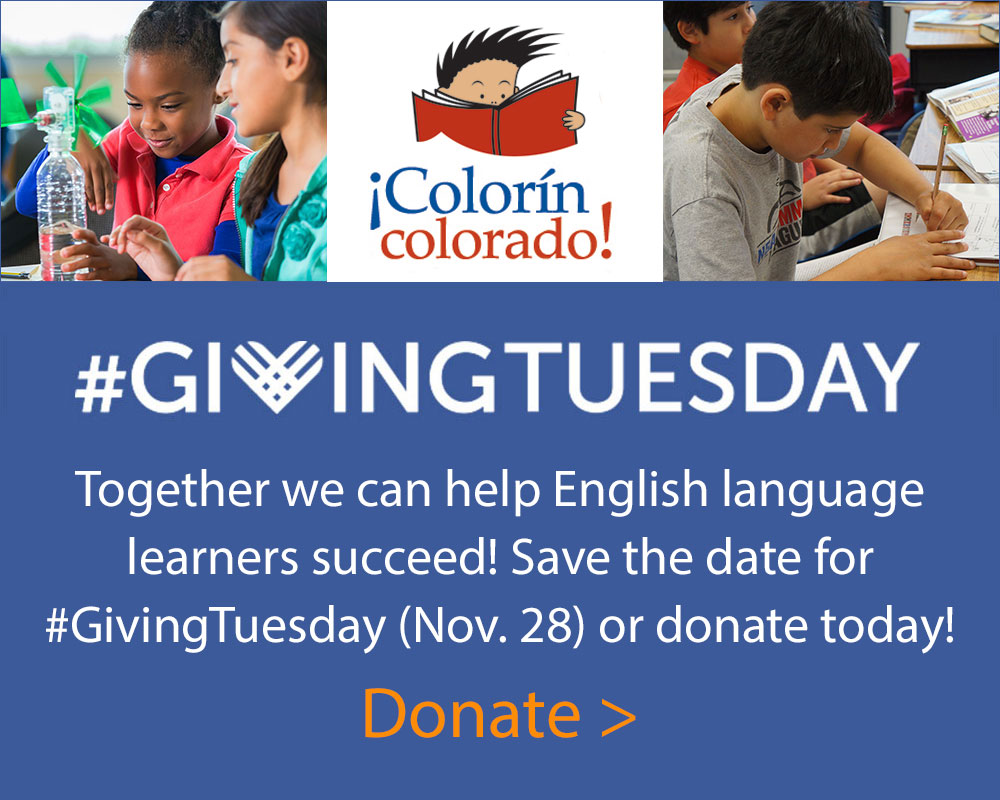Tell us about your team and backgrounds.
Jo Meserve Mach, author and publisher, spent 36 years as an Occupational Therapist. She is very passionate about sharing the stories of children with special needs. Jo embraces the joy that individuals with disabilities bring to our communities through their unique gifts.
Vera Lynne Stroup-Rentier, author, worked in the fields of Early Childhood and Special Education as a teacher and trainer for 25 years. She has a PhD in Special Education from the University of Kansas and is currently working at the Kansas State Department of Education. Vera is passionate about the inclusion of each and every child in settings where they would be if they did not have a disability. Parenting a teen and tween with special needs enrich her life.
Mary Birdsell is a freelance photographer and a former Speech and Theatre teacher. She strives to create images that reflect the strengths of each child. Mary’s background in education, theatre and photography intersect as she visually creates our books. She uses colors and shapes to tell a story. For her each book is like it’s own theatre production.
Karen Diaz-Anchante, translator, has over 20 years of experience teaching languages. She has a Ph.D. in Spanish from Arizona State University. As a mother of two young children, she loves contributing to enriching projects that benefit children. She is also a fervent believer of the effective power of reading from an early age.
How did the idea for Finding My Way books come about?
Finding My Way Books began with a meeting between two friends. I was leaving a job in Infant Toddler Services and Vera was remaining. We had shared an office and both worked on Early Intervention teams. I was the Occupational Therapist on one team and Vera was one of the Early Childhood Special Education teachers on another team.
When we came together, Vera was moving deeper into her PhD curriculum in Special Education. She was very excited about the promotion of self-determination skills in young children. She had presented on this information and I felt very compelled by it.
At the same time, I was moving away from working with young children but I wanted to continue to support families in some way. I had always wanted to be a writer of children’s picture books.
Often on my home visits, with families with very young children with disabilities, I would hear parents share their frustration and disappointment in not being able to find books about their children. They needed to see their child in the books at the bookstore or the books at the library. They wanted their child to be included in the world of books. I had been thinking for years that someday I would try to write the books they were searching for but not finding.
As we ate lunch together, I told Vera that we should create books showing young children learning skills needed for self-determination. She loved the idea. These books would provide families with encouragement and support. They would make the world a better place!
How did you decide upon the format that you use?
We both agreed that the books needed to have photographs, rather than illustrations, so that the stories would be easy for a child with developmental delays to understand. We also wanted to tell true stories because we had experienced such wonderful stories through our work.
These stories weren’t to be stories of grandeur, but stories of everyday life. We wanted our books to show how children with disabilities are like every other child. They are fun! They may do things differently and need more assistance, but they are part of our world of children to be celebrated.
Vera and I also believed that these stories needed to show inclusion. Then we wanted to get our books out into the public for all children to read. We wanted children with disabilities to be included. We wanted children with disabilities to have a ‘voice’ and tell their own story. This would be a way of us to say, “Yes, you are very important to our world. We want to hear you.”
Mary, our photographer, had been also working with us at our Infant Toddler program. She was creating videos about families receiving Early Intervention services. Mary was the perfect person to make our books very special.
Several years later we started searching for a translator. Karen is a parent and one of her children received Infant Toddler services so she had an understanding and acceptance of children with special needs. Karen also loves children’s books. Again we found the perfect person to work with!
What kinds of books, if any, were available at the time about kids with special needs? Has that changed since you started publishing?
We have done a couple market reviews of books about kids with special needs. The type of books available hasn’t significantly changed since we started publishing. Generally these books focus on the child’s disabilities and the child is presented as someone needing help. Books written decades ago continue to be published and are often listed at the top of recommended reading lists.
How do you find kids and families to feature?
We started featuring kids and families known to us through our work experiences. Also, MyaGrace is Vera’s daughter and we are having a great time following her in our books as she grows up.
Other families seem to have just appeared. The story of Poppin’ Joe came about because of an article I read in our local newspaper. He sounded so amazing that I googled him and then contacted his family about including him in a book. Mary met Reese and his dad at a Comic-Con event. Reese and his dad were dressed as Captain America and Mary thought they must have a fun story to share. We were contacted about OE’s story and found it to be a wonderful story.
We keep a list of possibilities and we are always open to hearing stories of inclusion. Now we are trying to build diversity in our book collection so we are choosing stories based on different disabilities, races, and cultures.
What has been the response to the books?
The response has mostly been very positive. Parents of children with disabilities welcome them and are pleased they are out there. They want their children’s teachers to have them. Professionals working with children with disabilities love them. Many librarians have been excited because they are searching for ways to include children with disabilities in their programs.
The families we have worked with, when creating a book, have been very enthusiastic. One parent said making the book was an intervention in itself. As a result, she realized her child did have a future filled with possibilities.
Not everyone seems to understand that a book can be about a child with disability and not feature the disability. This idea is confusing to them. These people who read them aren’t as interested because they don’t understand their message.
Is there a story you’d like to share about how the books have been used?
Jo has been doing Skype in the Classroom author visits with the books for about a year. She has lessons tied to the books about anti-bullying, acceptance, finding a job, how to make a book, and interviewing. Jo typically reads one of the Finding My Way Books and relates it to the topic the classroom teacher has requested. The students often have very limited experience with children with disabilities and know them only as children in another part of their school. But after a story is read they are excited and very positive. It seems the books open their minds to these children they aren’t seeing in their lives. The books help these children be seen as children first vs. a disabled child.
One Skype visit was with a Special Education class for young adults. Jo read, ‘I Want To Be Like Poppin’ Joe’ and talked about following one’s interests and strengths to identify a job. The class then skyped Jo a month later and each student shared a poster of the job they had chosen and why. It was very cool!
The Kansas Pediatric Foundation has included all our picture books in their early literacy program, ‘Turn a Page, Touch a Mind.’ The Kansas City Reach Out and Read program is also including our picture books in their similar outreach program of giving away books at medical visits.
Why did you want to include guidance for families and teachers?
We want families with children with disabilities to realize that they can also include their child in community activities. We want to encourage families and teachers to promote inclusion and to help children with disabilities gain the skills they need to be self-determined or independent.
Each book is a demonstration of inclusion and this type of skill building. These both can occur through very basic activities. The books explain how this can be done in little steps that families can then build on to help lead their child toward great things. We’re hoping to change the world in a little tiny way.
What was your interest in having the books in Spanish?
When Vera and I worked together in the Infant Toddler program we worked with Spanish speaking families. We wanted to have books that would include these families. Also, in the publishing world there appears to be a need for books in Spanish and we hope this will help with the distribution of our stories.
What do you hope to see in the future for Finding My Way Books?
Our dream is to have Finding My Way Books in as many schools and libraries as possible. We are globally focused and want to include stories from many cultures. We would like to expand our collection to include pre-school books so the message gets out to younger children and families. At the other end of the spectrum we’d like to support programs serving adults with developmental disabilities. We just recently learned that a program serving adults found their adults with Alzheimer’s love the books, as they are so easy to read and understand. Our hearts are open to wherever Finding My Books take us.









Add new comment